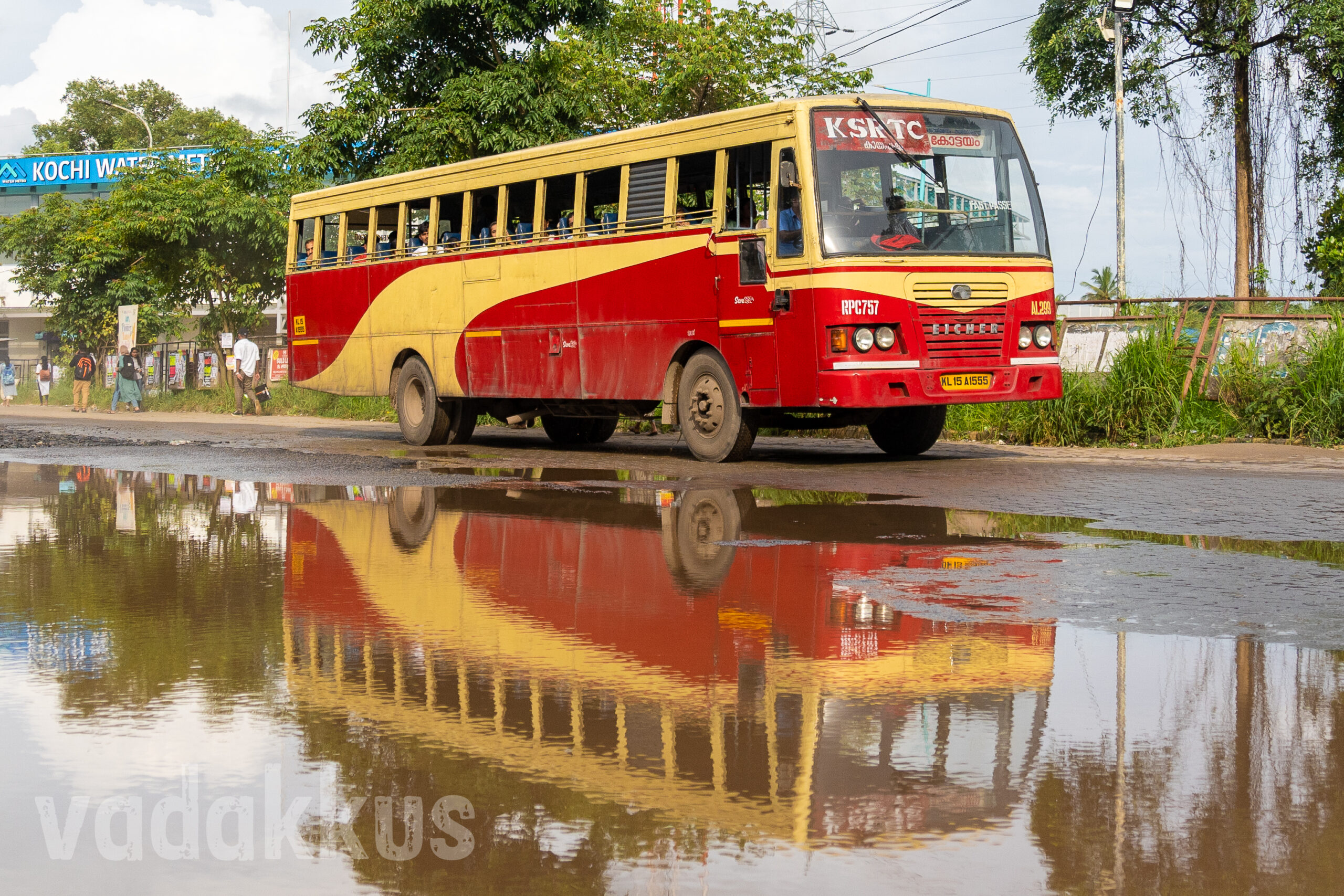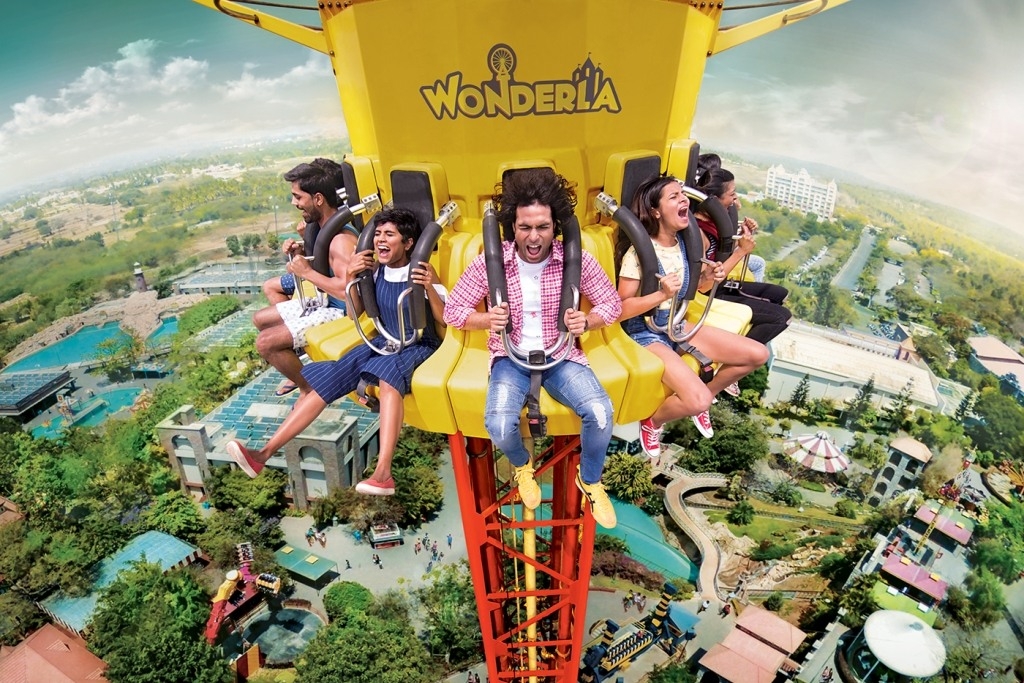There is a lot of talk about the life and travails of the group known as the Millennials these days. If you don’t know, Millennial is a generational term denoting those Americans who reached adulthood at around the turn of the new Millennium, considered to be born between 1980/81 and 1995/96. Some of their defining traits are being digital pioneers and natives, possessing very high levels of education, social connect and consciousness, and an obsession with the self and the search for “purpose” and a deep aversion to materialism. They are also very environmentally conscious, care immensely about humanitarian welfare, considering the rights of the individual to be above corporate profits (worker before company). And most definingly, they are obsessed with their own selves and consider the attainment of self-realisation and such above material prosperity. There has been quite a bit of talk on Indian Millennials too, but this has been fraught with misconceptions and falsehoods. There is a problem with this kind of demarcation in the first place. In fact, I nowadays feel that I am the only one who still advocates improving public transport.
This concept of generational grouping is something purely American, based on American and Western historical, cultural and economic tropes and trajectories. The Lost Generation was born before 1900 and suffered the horrors of WW1. They laid the foundation for what is today known as the “Western Culture”. The Greatest or GI Generation grew up during the Great Depression and battled and perished in WW2 post which the Silent Generation (1925+) rebuilt the West, the Baby Boomers (1945+) created the American economic powerhouse-based present world order, Gen X, the “MTV Generation” (1964+) churned world culture, the Millennials (1980+) came to age during the new Millennium and Gen Z (1996+) are the youngsters of today. One can see that dividing Indian generations on these lines makes no sense. Well, neither does this entire concept at all, but still, it would be interesting see how Indian young people of a similar age group would compare to the Millennials of the West. Just for this end, let us run a comparo of the Western (mostly American) with the Indian Millennial. Our sample size is about 27-40 years old as of today and are the the educated, private-sector employed, mostly urban middle-class Indian. (Note: It is popular to think of the current young Indian generation (teenage to around 25 years old as the Millennials, but this is wrong. Millennials are those who are young parents today).
Western and Indian Millennials
In the Western world it was always considered a given that every generation would “do better” than their parents. It the Western Millennials hold the distinction of being the first generation that won’t. They will be paradoxically in an ever-prospering world be poorer than their parents when it comes to material possessions. The world is alarmed because they are no longer buying houses (because they can’t afford one) and aren’t interested in buying cars (which is a very good thing). But Indian Millennials are right the opposite, they are the most successful Indian generation ever. For most, they are the first to move out of family occupations that had bound their ancestors for many hundreds of years, attain a college/English education and occupy “comfortable” salaried jobs that do not entail hard, back-breaking labour. They earn not just more than what just their parents did but (probably) more than what anyone in their long lines of ancestors ever did. They are also the first in their lineage to “buy” a new house (in a city) rather than build on an ancestral village property. But biggest difference between the two is when it comes to materialism.
While Western Millennials shun materialism, Indian Millennials embrace it. They are huge conspicuous consumers of everything consumable, They don’t believe in saving and splurge on things they value without second thought, be it designer clothing, hep eateries, lavish lifestyles, international vacations and meandering trips, latest gadgets and of course, cars and bikes. What almost all of Indian Millennials share as a characteristic is their dream and wild craze to acquire and drive (at least two) cars (one of which has to be a big SUV). They do not mind the cost, people are ready to even go hungry to throw Rs.20 lakhs into the bin for the new shiny SUV they don’t need. It is an enormous misconception that Indian Millennials are shunning car buying because they prefer Ola/Uber. The private car still very much dominates the Indian Millennial’s sphere of thought, and remains the centre point of their aspirational matrix. Their cars are their pride and glory, an extension of their personality and identity, and they go to great pain and lengths to preserve their car-driving rights and status which includes active protests against railway and public transport projects. It would seem like many get up in the morning only to drive. In fact, I nowadays feel that I am the only one who still advocates improving public transport. Maybe it is the Gen Z (1995+) who don’t consider buying a car, but they are too young to anyway.
Many Western Millennials are obsessed with making the world a better place that they even give up on their own conveniences for the cause. There are European Millennials who actively take only the train instead of flying because they want to reduce their carbon footprint. The Indian Millennial would laugh at this. Indian Millennials are firm believers in capitalism and believe growth should be sustained at any cost, even if it means scorching the earth. They are not very concerned about things like the environment (“The tree is standing in the way of road construction? Cut it down! Yeah, it is sad, but one has to drive”) and their surroundings, though they are anxious to show they are, which results in hilarious and ridiculous situations like showing up in cars to protest against pollution by public transport systems! They are not very empathetic towards the less fortunate (she should’ve worked hard like me!) and favour collective and corporate authority over individual, workers’ or humanitarian rights. They In all these manners, the Indian Millennials are probably more similar in characteristic to the Baby Boomers.
Of course, these very generalist attributions may vary throughout the country. Millennials in Kerala for instance will tend to me more like their Western counterparts but only when it comes to contentment aspirations. Kerala had achieved educational maturity a generation ahead of most of the rest of India. Today’s Kerala Millennials’ parents combined education with migration to create levels of prosperity they are hard-pressed to match, unless they also migrate abroad. As I had explained in another chapter, Malayalee Millennials are opting for voluntary unemployment because the jobs in today’s format does little to match their aspirations. On the other end of the spectrum are also the many millions of Indian Millennials who got bypassed by all this Euphoria and still languish in the same morass their previous generations were stuck in for centuries.
Why Western Millennials Struggle and Indian Millennials don’t
Millennials are stereotyped as entitled, self-obsessed, lazy whiners, but those accusers only are the reason why they are so in the first place. The Western Millennial was bought up on the premise that they would inherit the seemingly endless post-WW2 period growth, that the world was there just for their picking. Education and “hard work” would ensure all the trappings of the American Dream came flowing to them, starting with a house and couple of cars. But by the time they were entering the workforce they were gifted the Great Recession by their predecessors. In addition they were inducted into a cutthroat predatory capitalistic system that gives nothing to the worker. Wages haven’t increased in sync with rising living costs. They have put off all rites of passage into adulthood only because of the debt and low wages they simply can’t afford to buy a house, get married, have children (apparently childcare in America costs around $10000 yearly on an average!) and will probably never retire. The Western Millennial was simply handed a raw, bad deal while the opposite happened to the Indian Millennial. They were handed a once-in-history generational opportunity (post-liberalisation boom) on a platter.
The main reason for the differences in attitudes and characteristics between the Western and Indian Millennials is the monumental levels of debilitating debt the former is saddled with, much of which is educational. The total US student loan debt now stands at $1.5 trillion, the average of which is at around $30,000 (INR 20 lakhs) that can go as high as $100,000 or more! Most of this debt they can never even hope to pay off even if they work their entire lives. They thought acquiring costly degrees would beget them superior employment but rapidly shifting economic realities nuked these plans. Indians Millennials have a huge competitive advantage here. They were spared such high levels of debt not just because Indian education is relatively cheap and the best schools are run by the government but mostly because Indian parents (and in-laws) bear almost all of their children’s education, marriage, housing etc. costs in full. They continue to support their children will into adulthood, mostly as long as they live. What an Indian parent earns is not for their own means or pleasure but to bequeath for their children in full, in most cases expecting nothing in return. Westerners often do not understand this accord that lies at the heart of the Indian familial system. Indian professionals are hence ensured a clean start with no debt (It is another thing that they very soon squander their advantage by buying valueless apartments in congested cities on 30-year mortgages).
India’s Golden Generation
The Indian Millennial were the first generation to come to age in “liberalised” India. They grew up in socialist austerity and just as they came into earning age, they were presented the golden bouquet of globalisation with all its trappings, limitless opportunities to earn and spend unlike any generation in Indian history, ever. As the core “working” constituents of the industry during its heydays (1999-2008), they drove of the great Indian IT story and put India on the world map. They created the Indian consumption culture and changed of centuries-old outlooks and practices in Indian society not through reform or legislation but through market forces. It didn’t matter that any of these were sustainable or not, the lure of this sweet new way of life was only too hard to resist, and it still is. The oldest among them are in the early 40s and are largely successful in the manner as defined by society (earning, spending, assets). A lot many have migrated the West and are wildly successful there. Only a minority who made bad decisions about their education, career or investment (or all three) seem to have not reached the levels expected. But then again, that is OK. Not everyone can reach the same levels of material success on this finite planet. But the same forces that created the situation the Western Millennial finds themselves in seem to be arriving at Indian shores, too.
A mostly never-discussed trait of the Indian Millennial is migration. All young Indians, Millennial or not, seem to be fixated on the notion of permanent migration to one of the highly developed Anglosphere countries (Canada, Australia, New Zealand, UK, USA), by taking advantage of favorable immigration policies or through marriage. For most this is the only goal and interest in life, even with such great opportunities in India and the country’s rapid economic rise. The reason? Just like the Western Millennial grew up to a system incompatible with the values of their upbringing, the young Indian Millennial was brought up with values to fit into a society where everything is (seemingly) right and just and “works”. They would rather opt to go and live in a place that matches the values they were bought up in, than to fight to fit into a society where every day is a struggle, no matter the perks. This is also why Kerala sees so much permanent out-migration.
The oldest Indian Millennials have married and their children are starting school. Changing paradigms are threatening their job capabilities. They are seeing their parents enter old age and many are beset with lifestyle diseases. In all this, some have started to think that maybe endless, hedonistic consumption is not what life is all about. They have not started actively shunning jobs and cars and materialism, not yet, but in some rare urban islands, they are getting tired of the spending cycle and are trying to break free. There is an increasing trend of Millennials leaving cities altogether (I am not talking just about me) and returning “home”, in search of everything from lower costs to tranquility to fresher air to something they feel they had lost after those simpler times of their childhood. I know all this, because I consider myself to be the first Indian Millennial. I was born in early 1980 and stand on the line separating the Gen X and the Millennials so I get all or nothing of both worlds. It is when you really realise your feelings is when you understand that most of your peers feel the same as you. You find that your siblings and cousins and your friends are all more or less in the same boat as you are, and the rest in other boats but in the same sea. But is there a storm coming? The misleading term notwithstanding, the Indian Millennial, India’s golden generation had a good run. What lies ahead for them? Maybe a day will come when they really stop buying cars.
COCCYX: Almost all people in India believe that in the west, children are kicked out of their homes once they turn eighteen. While we might never know who spread this falsehood to probably project the superiority of the Indian familial system, the same people would now be pleased to know that today Western children are also living with their parents well into adulthood. Setting a demographic record, as far as 25% of young British adults above the age of 25 still live with their parents! And this is mainly because they cannot afford anything else, despite being fully employed! That is really telling something.





